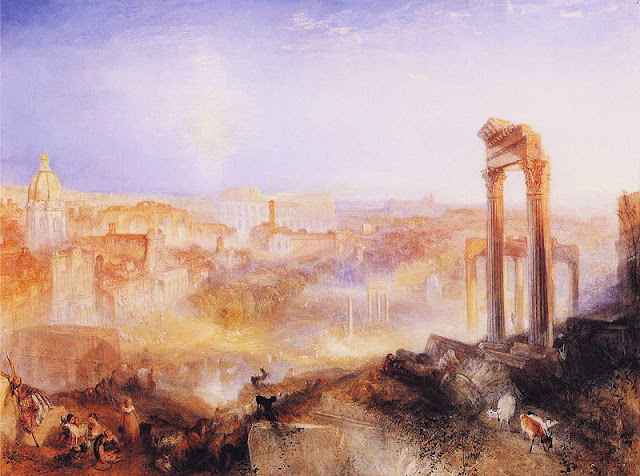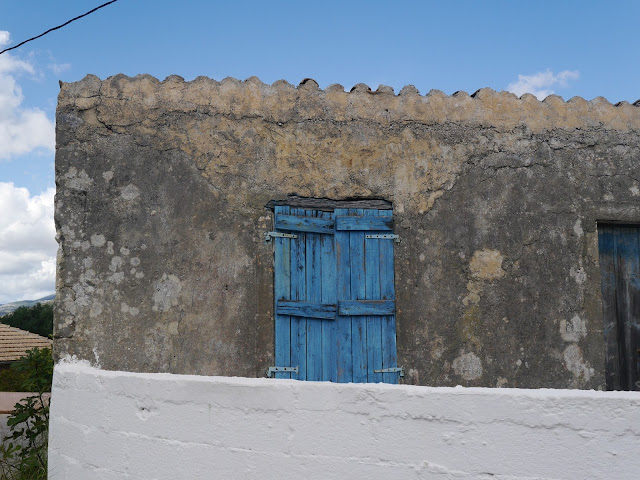Yesterday at dusk I lit two candles for the women and men protecting the waters at Standing Rock, standing up against all odds to the powers of greed and hunger and hate that are closing in upon this land. I prayed for the right words, any words that might do good and be of use. This story is what I wrote. I look at it now and fear it is too hopeful. I look at it now and fear it is not hopeful enough. I am a student of history, and long have been. I fear what has come before and the patterns we are repeating. I fear the way those patterns have always ended. We have gone through at least five thousand years of this. Such patterns are very, very hard to change. I am under no illusion that it could ever be easy. Some days I don't believe that it's possible at all.
And yet, I see so much fire and courage in the hearts of the people around me, and people across the world. So much awakeness gleaming in our eyes. Such fierce love of land and of each other. And so I hope, despite all hope, because hoping and loving and acting on our hope and on our love are the best and only things we can do.
And because I believe in dragons, and I believe in this good earth, who will bring down her own justice before it is too late. May it not become too late.
When Dragons Came
A Story
To my future granddaughters out there beyond the end of the world, where you
are gathering laurel nuts and combing out the hair of dragons:
Let me tell you a story. About where the dragons came from. About
what it was like when I was a young woman, before ever I carried a child.
When I was a young woman a white dust had fallen across the land,
and people gathered it in fistfuls, fighting each other to get the most,
because its taste was unearthly sweet, and it brought on a euphoria that made
what was real dissolve in favor of what was desired. A white sleep. Back then,
people often loved the simulacra of Things more than the Things themselves, for
it was easier to buy a Thing than it was to dig one from the earth. And because
we were all afraid of death, so afraid we would swallow any measure of dust,
any strength of oblivion, in order not to look there, until our loneliness and
our animal despair were such that we forgot what we feared altogether, and
turned to sleeping, calling it Life.
Many of us tried not to breathe in or swallow that dust. And there
was still beauty to be found. There always is. I loved many things then. The
bay at high tide with a heron walking. Any number of stars. Gathering nuts from
the autumn wood. Your grandfather and the warmth of his hand. Food shared with
family, with mother and father and brother, with grandones and uncles and
aunts. Music under a moon. A fire in the hearth, tea brewed, and wool. Rain.
Always, forever, rain. You could still find such things, if you sought them,
but you were often alone in the seeking, bumping into others there only as in a
dark wood, each desperate for something whole and old and earthly that none of
us could ever find entirely, or name.
In those times, whatever was easiest was called best. And, as
always, whatever served the ones who had the most possessions to lose. Not the
most life to lose, but the most control over death. For it was not any of us
alone, but Earth, who had the most life to lose, and lost it daily, hourly,
under the thrall of that white dust, that sleep, that terrible need, and the
howling loneliness that crouched behind it all, devouring.
There came a day one autumn when we knew the world would end. Your
grandfather and I were clearing the dying oaks from the land we loved, the land
where we were making a new home, our round tent of felt and canvas and hearth
to stand inside the changing. Votes came in. Everything we had feared,
everything we had not believed, began to come to pass in the hands of one too
white with dust to rule, and yet who ruled nonetheless, by the will of
people and their sorrow; and later, by a will only his own.
No one believed in dragons then, because they had gone into the
earth long, long before. There were stories, broken ones, in which dragons
burned towns and men killed them for it. Nobody remembered that the older name
for dragon was hidden inside the lava and inside the moon, and that bones kept
it safe even unto our day, far down in the ground.
We didn't know we were burning their blood to power our world, not
then. We didn't know they might be as small as moths, or as large as the entire
night sky, and that they could fly through the earth just as easily as the air.
We didn't know because we had been afraid for a very long time, and asleep, and
alone. All of this made it hard to see them, to hear them gathering far, far
underground, in all the cavities and all the scars made by all the rigs and
drills and blasts that had torn the earth, searching for what had always
belonged to dragons and not humans, the hordes that should never have been
taken away.
This is how it happened.
In the middle of the country, in the middle of the end, on a great
and sacred plain by a great and sacred river, the first people of that land
stood a final stand against that white dust, against tanks and guns, against a
hunger too dangerous to bear, against the digging up of sacred blood.
Everywhere across the country people woke up at last, struggling, from the dust
of their lives, They tried to shout their outrage to someone, tried to make it
stop, tried to say what mattered, tried to end the long and unspoken war. But
by then it was too late.
An order was delivered. The drilling began. The tanks rolled in
for the last time and surrounded the place where people were standing, where
people were praying, where people were crying, where the antelope had been
gathering and gathering for days, where all the white dust was gone from the
ground, where everyone's eyes were open, were clear.
They stood in peace, without fighting. They stood with fists
raised to the sky and they stood with tears falling and falling and the antelope ringed them, ready to die for them. In the very middle of the people were three young
woman with black lines painted on their chins. Three sisters holding hands.
Three sisters whose beauty was as old as the world.
The antelope began to stampede. Guns began to fire. And a hole opened
in the ground where the three sisters stood. They fell in, and before anyone
could follow, the earth closed again. Then it rocked and bucked and the tanks
fells sideways and everyone ran for cover together as the river flooded its
banks.
For a time, after that, there was a standstill. Machinery had
broken. Drilling was suspended. And all the while, the three sisters were
inside the earth, learning the names of dragons, riding the backs of dragons,
braiding their hair for battle.
I knew none of this, then. Nobody did. Only three women inside the
earth knew it, and the ones who had taken them there because of their beauty.
Don't get me wrong for a moment that their beauty had anything to do with
external appearances. Do you think dragons care for the faces of humans? It was
the beauty of their souls they saw and took them for, beautiful as the fire at
the beginning of the world. They had been waiting all that time for three such
as they to stand in that place, in the name of the blood and the land, and not
back down, and not turn away.
This is not a story that ends with three men who went out
searching, and the youngest who found them and killed the dragons and saved us
all. No. Life went on much as before. A shrine was erected in the place where
the sisters had been swallowed, and people brought jars of clear water to pour
on that ground in grief. For the digging had begun again, and the smell of oil
was in the air, and the taste of oil was in the water.
A year and a day they were gone and mourned for dead. A miracle,
but dead. A year and a day and through it the world's weather grew wild. The
ones who ruled us called orders on the bodies of women, on the dark bodies of
their brothers and sisters, on the bodies of men in love. They filled the
ground and the sky with every imaginable poison, as if there was no end to the
curve of the earth. They began work on a Wall.
And then, all at once on an evening in winter when the stars were
very sharp overhead, every light and every engine blew out at once. In that
rain of light the air filled with dragons and with three beautiful women
wielding battle axes made of fire, come to take back every last thing that had
been stolen. The dragons had come to take those thefts back into their bodies and
back into the ground.
They laid the earth to rest that night as she had not
rested for hundreds of years, in an ancient veil of green.
All we could see of it that night was auroras, those northern
lights which had never danced so far south before. But by morning, the ground
was covered with ash and with eggshells, the eggshells of the first animals to
ever walk the earth. There they were, crouched in the trees and roofs and
riverbeds, on the hoods of cars, the broken telephone wires, the abandoned
mines, the quarries, the sky-scrapers, the parking lots, the mountain
tops. Not winged, not horned, not clawed, but older still, and stranger.
Some people couldn't see them, not yet. Others could, and could
not bear the sight. Still others wept, and knelt for joy. But no one, no matter
how hard or how hungrily they searched could find a trace of that white dust
again. Only ash, which by spring made the fields sprout as never before. Only
air so clear and eyes so open we could see every crater on the face of the moon
for weeks after.
It will be long before we can see everything clearly again.
Dragons take lifetimes to believe in once more. But you are women of dragons,
now. You must gather the laurel nuts and the acorns like we could not. You must
say the true name of the water, and wait for it to run clean. Forgive us, oh my
granddaughters not yet born. I am so sorry, my dear ones, for we are waking the
dragons that you must learn to ride.
So may you be beautiful in soul. And may they come courting you.
May they swallow you whole and make you theirs again, and keepers of that oldest
justice: Hers.



























































